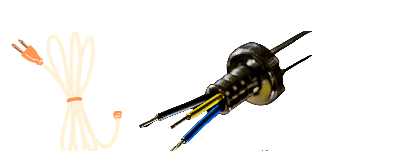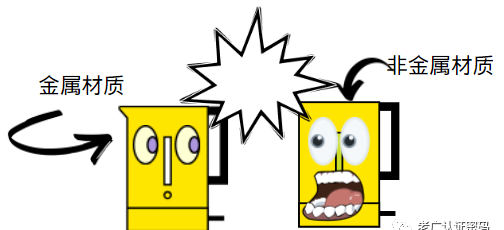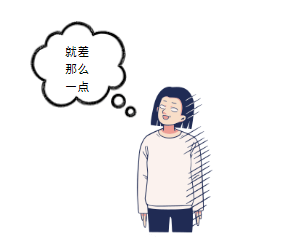The inconsistency of the certified products sold from the factory will lead to different illegal consequences and administrative penalties depending on the degree. A more accurate understanding can be obtained through the following typical cases.
Case number one

For the stainless steel electric kettle applying for CCC certification, the appearance of the kettle body is white spray paint, and the kettle body is red spray paint during subsequent production, which is obviously inconsistent for the buyer, but for CCC certification, the appearance color of the kettle body does not affect the safety of the product The performance test results still belong to the same range.
Case 2

The manufacturer of the CCC-certified stainless steel electric kettle, the manufacturer of the power cord used is Company A, and the manufacturer of the power cord used in subsequent production is Company B, but the models and specifications are the same, and they also have a valid CCC certificate. From the perspective of CCC certification, it belongs to the inconsistency of key component manufacturers, but according to the corresponding certification standards, the inconsistency does not affect the compliance with the standard, and it belongs to the scope of application to the certification body for changes of key component manufacturers. If the product is sold out of the factory, it is an illegal circumstance of "failure to apply to the certification body for the change of the certification certificate according to the regulations, to leave the factory, sell, import or use the products listed in the catalog in other business activities without authorization".

The rated power of the stainless steel electric kettle that applies for CCC certification is 2000W, and the rated power of the subsequent products is 1500W. Except for the different power of the heating element, the product structure and other key components are the same. From the perspective of CCC certification, it belongs to the inconsistency between the actual product specification and the coverage of the certified product specification. According to the division rules of certified product units, the 1500W electric kettle and the 2000W electric kettle in the above cases belong to the same certification unit, and the results of testing and certification can be covered. Such inconsistencies generally do not cause the product to fail to meet the certification standards. If the product is sold out of the factory, it is an illegal circumstance of "failure to apply for the extension of the certification certificate to the certification body in accordance with the regulations, and to leave the factory, sell, import or use the products listed in the catalog in other business activities without authorization".
Case 4

Case 5

For a stainless steel electric kettle with a rated power of 1500W for CCC certification, the nominal cross-sectional area of the power cord used is 0.75mm², and the nominal cross-sectional area of the power cord used in subsequent production is 0.5mm². From the perspective of CCC certification, the specifications and models of key components are inconsistent. Considering the corresponding certification standards, since the standard clearly requires that the nominal cross-sectional area of the power cord should not be less than 0.75mm², the actual use of 0.5mm² reduces the power cord as a key element. The use specifications of the device will lead to serious non-compliance with the standard requirements, that is, the quality of the certified product is seriously substandard. Such changes cannot be approved by the certification body even if requested. If the product is sold out of the factory, it is an illegal circumstance that “after the products listed in the catalog are certified, they do not engage in production and business activities in accordance with legal conditions and requirements, or produce and sell products that do not meet legal requirements”.

inconsistency inconsistent type Penalties involved
No certification requirements are involved none none
Involves certification requirements and meets certification standards unchanged
Order it to make corrections and impose a fine of not more than 30,000 yuan
Involves certification requirements, but certification rules can override not expanded
Order it to make corrections and impose a fine of not more than 30,000 yuanInvolves certification requirements, but is not within the scope of certification not certified
Order to make corrections, impose a fine of not less than 50,000 yuan but not more than 200,000 yuan, and if there are illegal gains, the illegal gains will be confiscated
Involves certification requirements, within the scope of certification, but does not meet certification standards
Manufacture and sale of products that do not meet statutory requirements
In accordance with Articles 2 and 3, paragraph 2 of the Special Provisions of the State Council on Strengthening the Safety Supervision and Administration of Food and Other Products
Epilogue
If the certified products are inconsistent, the consequences are very serious. It is the responsibility of the enterprise to control the product consistency of the certified products according to the certification requirements, and the sellers cannot change the products without authorization to cause inconsistencies. Once illegal, both manufacturers and sellers will be subject to corresponding administrative penalties.
Add.:Room703、705/7F, Development Building, Tian An Hi-Teck Ecological Park, No.555 North Road Panyu Avenue, Panyu District, Guangzhou City, 511400, China
Tel.:020 - 39211670 Fax:020 - 39211640 E-mail:info@certitek.cn

